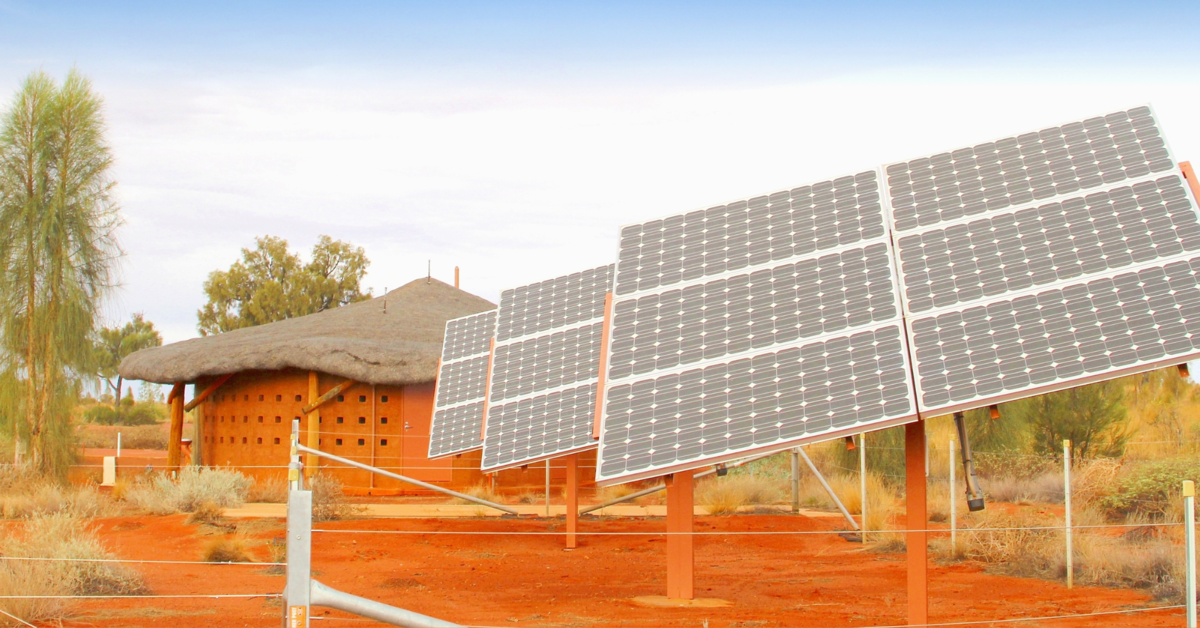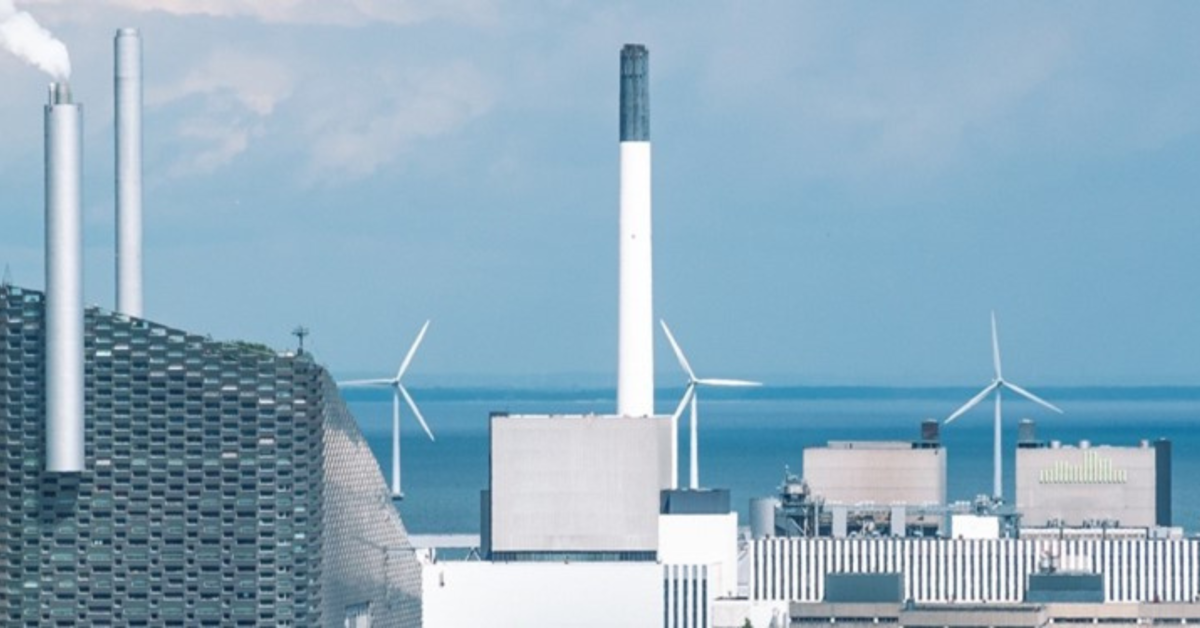Five Facts to Know: About the French General Election Outcomes
At a Glance
France is likely to experience a few weeks of political turmoil leading up to Paris’s hosting of the Olympics after its second round of snap general elections resulted in a surprise surge from the left and center left on Sunday, July 7. Despite strong gains, the far-right Rassemblement National (National Rally), which felt the Premiership was likely to come their way—unexpectedly landed third in seat numbers. President Macron called the snap election after his party’s electoral rout in the June European Parliament elections which saw massive far-right gains—confirmed in the first round of the general election at the end of June. The surprise second round general election win of the left-leaning New Popular Front and Macron’s party alliance faring better than expected will lead to complex negotiations to create a government that will command a majority in Parliament. Prime Minister Gabriel Attal—who immediately handed in his resignation—may well remain at the head of a caretaker government until a new majority is hammered out.
Businesses are advised to carefully monitor the evolving political landscape in France and prepare for various policy scenarios. Prolonged political uncertainty has the potential to impact the country’s investment climate and FDI, its labor market, and risk a downgrade of its sovereign debt. The elections also put President Macron’s reform agenda at risk.
1. A HISTORIC TURNOUT REFLECTED CONCERNS ABOUT HANDLING OVER THE KEY TO POWER TO THE FAR RIGHT
The two-round French electoral system saw the withdrawal in many constituencies of candidates to allow for a united front against the Rassemblement National (RN)—the populist, nationalist, anti-European , and strongly anti-immigration party. Turnout in the second round was the highest since 1981 at 67.1% (even above the first round’s 66.7%)—up 20 points over the previous general election in 2022, reflecting deep concerns over a party that would possibly challenge the very values the French Republic stood for since liberation in 1944.
2. LEFTIST NEW POPULAR FRONT SURPRISE WIN WITH MACRON’S CENTRIST PARTY LIMITING DAMAGE AND LARGE GAINS FOR NATIONAL RALLY
President Emmanuel Macron’s term runs until 2027. While retaining broad constitutional powers over defense and foreign policy, domestic policy is shaped by the Prime Minister, who is appointed by the President but who needs support from a parliamentary majority to pass the budget and shape the country’s general policy choices.
Majority in the French parliament is set at 289 seats. After Macron’s party’s minority government since 2022, the outcome of the July 7 second round has led to a hung parliament.
The New Popular Front (NFP)—a heterogeneous electoral alliance ranging from moderate social democrats to the Green party and the far-left Unbowed France (LFI), and Communists— took a surprise lead of 182 seats, followed by Macron’s Ensemble movement with 168 seats and the RN’s 143 seats (up from 89).
3. A NEW ERA BEGINS IN A COUNTRY NOT ACCUSTOMED TO POLITICAL COMPROMISE
The Fifth Republic—shaped by General de Gaulle in 1958—was meant to ensure stability with an all-powerful President supported by a strong parliamentary majority in a winner-takes-all approach. But already under Presidents Mitterand (1986–1988) and Chirac (1997–2002), so-called “cohabitation” governments were formed whereby the Prime Minister hailed from a different party than the President. While on foreign policy the country always managed to speak with one voice, tensions soon emerged around domestic political trajectories. By calling a snap general election, President Macron was fully aware that a new cohabitation would ensue and was betting on an enlightened coalition ranging from the center-right to the center-left, including his own party alliance and the Greens.
4. THERE IS NO ALTERNATIVE
While countries with strong parliamentary regimes such as Belgium, Germany, the Netherlands or Italy eventually manage to hammer out a programmatic platform (after often months long negotiations) to govern, this is new territory in France. Within the NFP electoral alliance, different views have already emerged on whether to engage in negotiations with other parties, with the firebrand LFI—the leading force within the alliance—opposing any dilution of its far-left credentials and more realistic approaches from Socialist Party (PS), Communist and Green leaders. Macron’s party—itself an alliance of different forces—has ruled out any collaboration with LFI but remains open to participating in a central block, which might also include what remains of those French Republican (LR) deputies who did not support the nationalist RN (despite their early ruling out any coalition government).
5. THE WORST HAS BEEN AVOIDED, BUT AN ERA OF INSTABILITY MIGHT SET IN
Prime Minister Gabriel Attal immediately handed in his resignation but has already been asked by President Macron to continue leading a caretaker government until a new government emerges. The NFP left-leaning alliance is expected to present a candidate for Premiership during this week. Whether he/she will garner enough support from other parties will depend on positions ranging from European policies to reversing (or not) Macron’s painfully approved pension reform. Should party politics not allow for sufficient support to form a majority, a “technical” Prime Minister—as Italy has experienced on many occasions—could be the ultimate choice for President Macron to avoid paralysis.
BUSINESS IMPLICATIONS
The political uncertainty over the next couple of weeks (or months) may well hold back investments into France—hitherto the leading recipient of FDI in the EU. In addition, prolonged uncertainty may lead to a further downgrade of French sovereign debt. President Macron’s reformist agenda could also unravel, with the NFP particularly focusing on reversing the Macron establishment of the retirement age to 64, putting further stress on an already challenged jobs markets, which sees skilled workers exiting the labor market too early compared to EU peers.
For further information, please contact Nikolaus.Schultze@edelmanEGA.com.
For more on global elections in 2024, EGA Election HQ is your guide to the moments that matter, what comes next, and what all of this means for industries and sectors. For counsel or tow get in touch, reach out to Elections@edelmanEGA.com.



